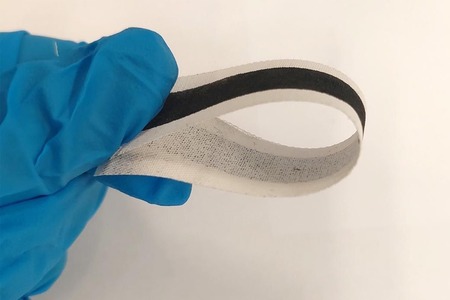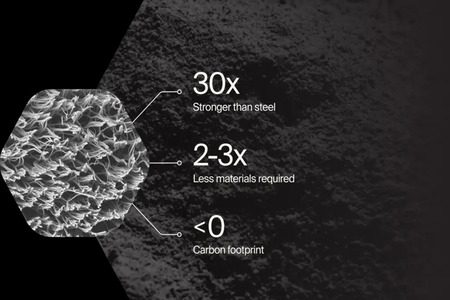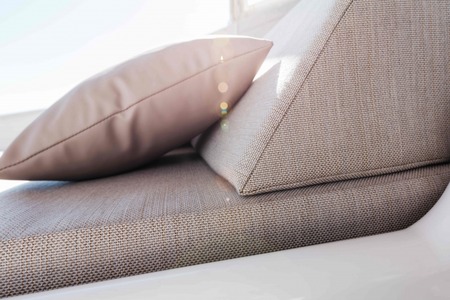
Researchers develop biodegradable e-textiles for wearable tech
YarnsandFibers News Bureau 2025-01-23 15:51:17 – United KingdomA research team led by the University of Southampton and UWE Bristol has developed a groundbreaking approach to creating sustainable, biodegradable wearable electronic textiles (e-textiles). The innovation, called Smart, Wearable, and Eco-friendly Electronic Textiles (SWEET), was detailed in a study published in the journal Energy and Environmental Materials.
The SWEET project addresses the issues of recyclability by utilizing eco-friendly materials. The e-textiles consist of three layers: a sensing layer, an interface layer, and a biodegradable Tencel fabric base made from renewable wood. Conductive components are made from graphene and the polymer PEDOT: PSS, which are precision inkjet-printed onto the fabric, ensuring minimal material waste and lower water and energy usage compared to traditional methods.
Lead researcher Professor Nazmul Karim from the University of Southampton explained, “Our sustainable approach ensures that the fabric decomposes when disposed of, resolving the recycling challenges posed by conventional e-textiles.”
The team also tested the material's biodegradability by burying it in soil. After four months, the fabric had lost 48% of its weight and 98% of its strength, confirming its rapid decomposition. Furthermore, a life cycle assessment revealed that the graphene-based electrodes had an environmental impact up to 40 times lower than standard alternatives.
Marzia Dulal from UWE Bristol, a Commonwealth PhD Scholar and the study’s first author, emphasized the significance of the findings: “Our analysis shows that graphene-based e-textiles drastically reduce the ecological footprint compared to traditional electronics, making them a responsible choice for industries aiming to be sustainable.”
Market Intelligence
Ask for free sample Report

experience
Customer Base
dedicated team
Countries Served Worldwide









